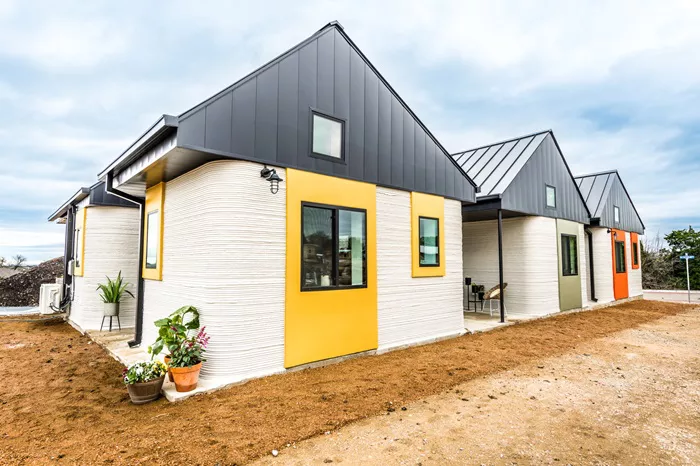The transformation of Europe’s building stock is not only a critical environmental challenge but also a social and economic necessity. Our research, focused on Denmark and Poland, demonstrates that providing homes that are both affordable and sustainable is achievable. This momentum presents a unique opportunity for the EU, governments, and public banks to address the ongoing housing crisis effectively.
Evidence of Market Momentum in Denmark and Poland
This briefing synthesizes insights from over 40 public and private financial and real estate stakeholders across Denmark and Poland, two countries that, despite differing contexts, share a growing push for more sustainable, affordable housing.
In Denmark, a proactive financial sector is aligning with EU sustainability regulations. Initiatives like RealESG, a coalition of 30 financial institutions, including mortgage lenders and pension funds, are driving the standardization of sustainability assessments for real estate investments.
Poland, too, is seeing significant strides in public-private collaboration, even in economically challenged regions like coal-dependent Silesia. There, banks and developers are joining forces to implement the EU Taxonomy, promoting sustainable building practices.
Both countries demonstrate that:
Sustainable and affordable homes are already being built.
Financial institutions and developers are incorporating climate goals into investment decisions.
Effective deployment of public funds can unlock private capital and reduce risks associated with new technologies and retrofits.
Scaling Lessons Across the EU
To expand these efforts across the EU, policymakers must take immediate action, especially as co-legislators review key sustainability regulations. The briefing identifies three essential steps to accelerate progress:
Support Market-Led Momentum: EU regulations are already influencing behavior. Weakening tools like the EU Taxonomy could jeopardize the progress that has been made, potentially halting positive developments.
Back National Leadership and Share Best Practices: Governments should support public sector leaders in sustainable housing initiatives and provide clear guidance to help private stakeholders navigate complex regulations.
Deploy Public Finance Effectively: Public financial institutions like the European Investment Bank (EIB) and the European Bank for Reconstruction and Development (EBRD) must collaborate with national stakeholders. They should explore innovative methods to unlock financing for building decarbonization, especially in underserved areas. For example, the EIB’s €10 billion housing fund should be used strategically to attract private investment, with clear criteria and local coordination.
A Social and Economic Imperative
Buildings contribute to approximately 40% of global emissions and house two-thirds of global wealth. As both a climate challenge and a central part of Europe’s economic and social infrastructure, the future of housing is crucial. Housing impacts quality of life, climate resilience, and social equity, making decarbonizing the sector a top priority.
The briefing highlights that, with the right frameworks in place, real estate and financial stakeholders are ready to lead the way. Policymakers now have a significant opportunity to reinforce smart regulation, expand public-private partnerships, and ensure that housing plays a key role in Europe’s green and just transition.
Related Topics:

